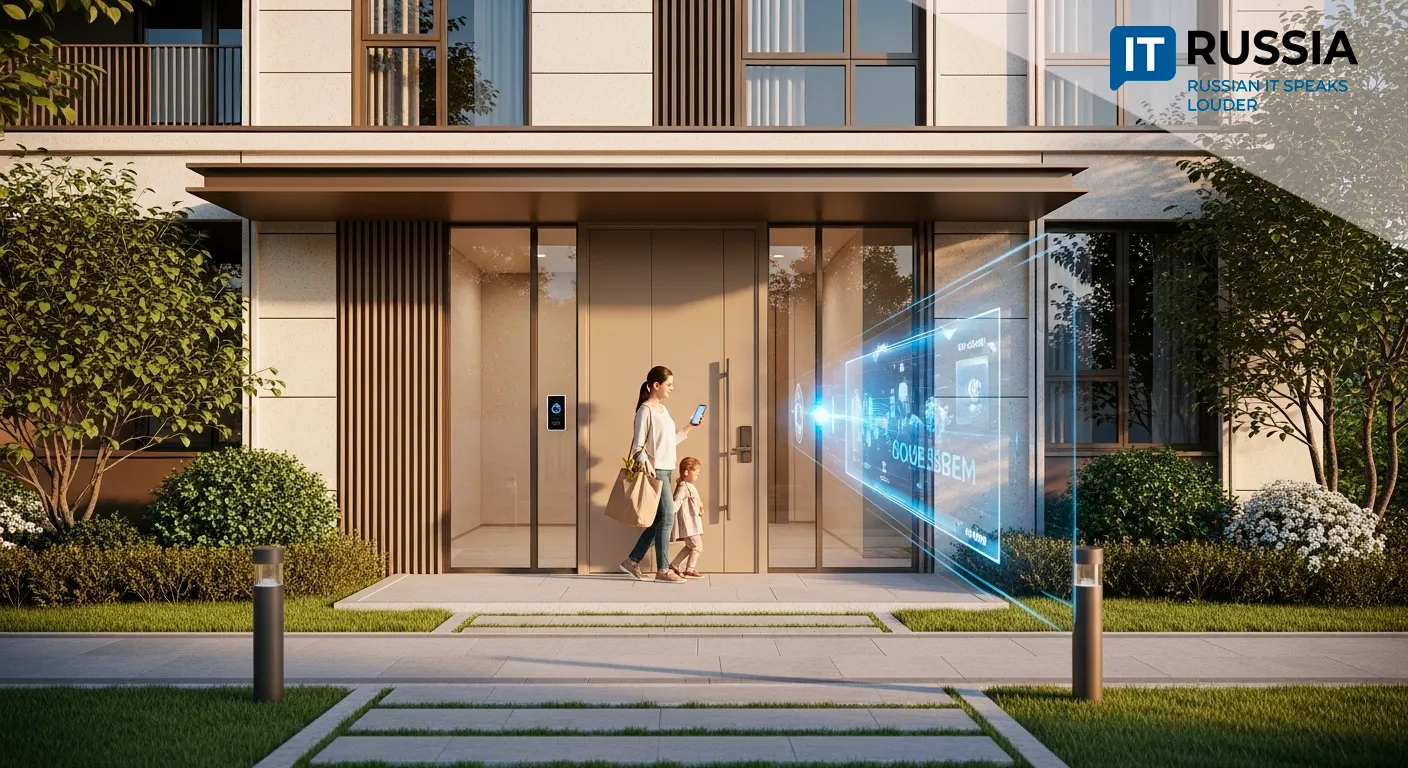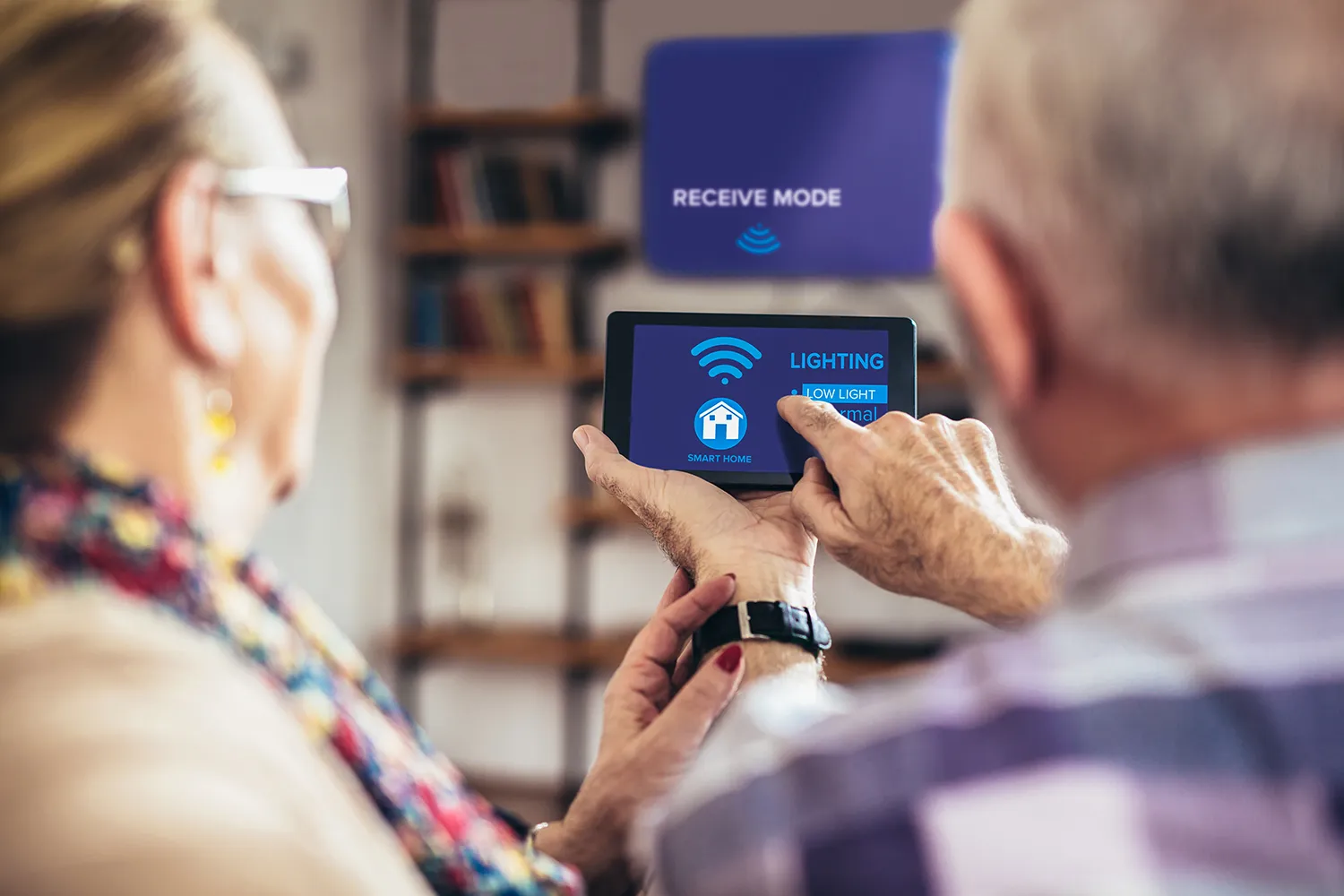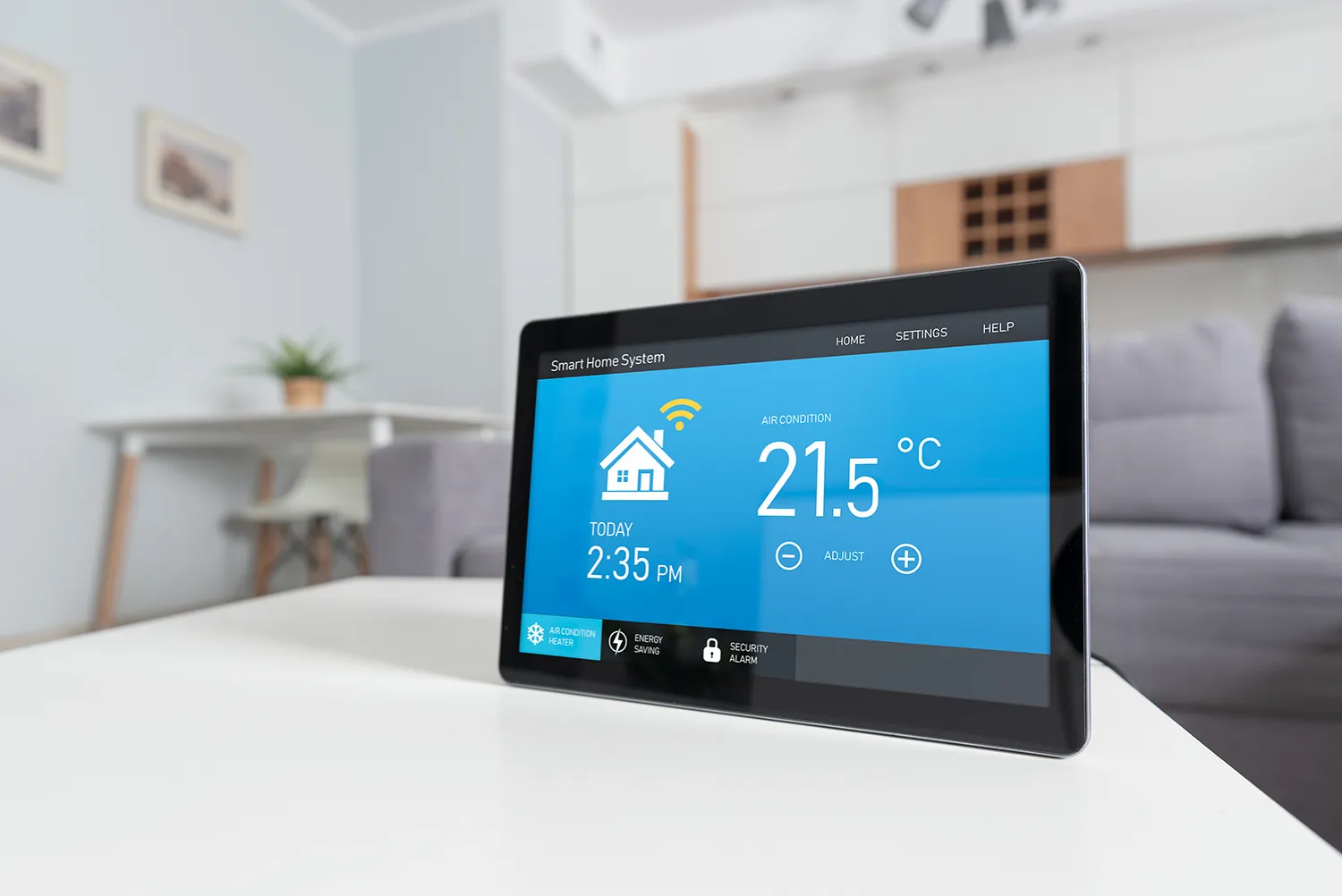Smart Buildings with Alice: How Yandex and Top Developers Are Transforming Urban Living

Yandex is rapidly scaling its smart building technology in collaboration with major Russian developers, bringing AI-powered voice control and automation into thousands of new homes.
Pilot Rollout in Moscow
The first smart building powered by Yandex's voice assistant Alice has launched in the Slava residential complex in Moscow. This pilot project is now expanding to include 18 additional buildings and 5,800 apartments across Moscow and the surrounding region. Yandex is partnering with top-tier developers such as Samolet Group (5 million m² in projects) and FSK Group (ranked fourth in the country) to scale up implementation. By the end of 2025, the service is expected to reach 1.5 million apartments.
Residents now benefit from integrated voice control infrastructure. Commands like “Alice, open the door” or “Alice, request a courier pass” can be issued via the ‘Home with Alice’ app or a smart speaker. Daily routines are automated—temporary passes for guests, taxis (via Yandex Go), and delivery services are generated instantly, while barriers open automatically as a vehicle approaches.
Security has also improved. Residents can use voice commands to view surveillance camera feeds throughout the building.

Building a Unified Smart Ecosystem
This partnership with Yandex represents a significant breakthrough for both the IT sector and property developers. The top 10 developers expected to participate are responsible for a combined 22.77 million m² of residential construction. The core innovation lies in connecting Yandex’s smart home system with each building’s automated control systems (ASUZ), creating a seamless digital ecosystem. Over the past five years, smart home adoption in new residential buildings in Russia has climbed from 2–3% to 9%.
Outlook: Opportunities and Risks
By the end of 2025, at least 1.5 million apartments are projected to have access to smart building features. Collaborations with large-scale developers like Samolet and FSK will further accelerate this adoption. Future developments may include integration with other Yandex ecosystem services, video intercom systems from NtechLab, utilities, and emergency response systems.
However, there are challenges. Export potential is currently limited—voice assistants tailored to Russian standards must be adapted to comply with foreign regulations. Data privacy is also a concern. Unauthorized access to cameras or smart speakers could compromise residents’ privacy, raising the need for full compliance with Russia’s Federal Law on Personal Data and the GOST R 58338-2025 standard for cyber-physical systems.

Five Years of Development
From 2021 to 2022, regulatory groundwork and market consolidation began. A roadmap for the communications sector included plans for a national smart home standard. During this time, Sber launched its own smart home platform and began selling related hardware.
In 2023, Rosstandart and several ministries approved a standardization program for smart buildings and structures running through 2030. Rostec initiated local production of inSmart smart home control units.
In 2024, Russia approved its first national smart home standards, covering both terminology and general requirements. These went into effect in September 2024. By February 2025, eight additional GOST standards had come into force, supporting the digitalization of housing and utility systems.
March 2025 saw the debut of Russia’s first wireless power technology for IoT and smart home devices—putting the country among a small group of global innovators in this field.

A Smart Future
By 2026, 70% of Moscow’s new business-class housing is expected to feature voice assistants. Yandex’s pilot project is not just a trial run—it marks a shift toward voice-activated infrastructure across Russia’s housing sector.
Over the past five years, Russia’s smart home market has evolved from fragmented solutions to a standardized, localized digital ecosystem supported by state regulations and domestic production. While some barriers remain, growing user engagement and government backing signal strong potential for mass adoption.










































